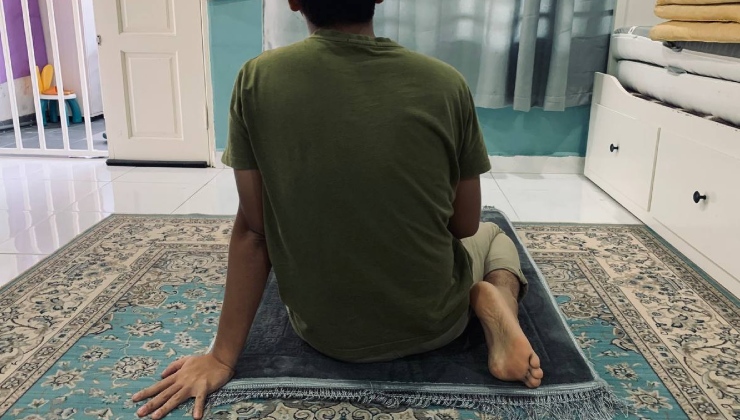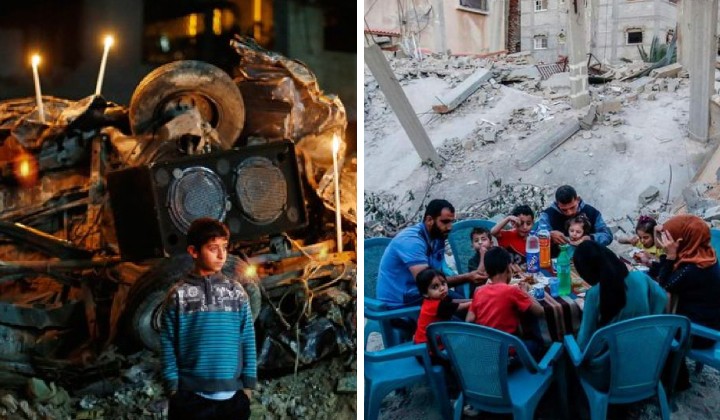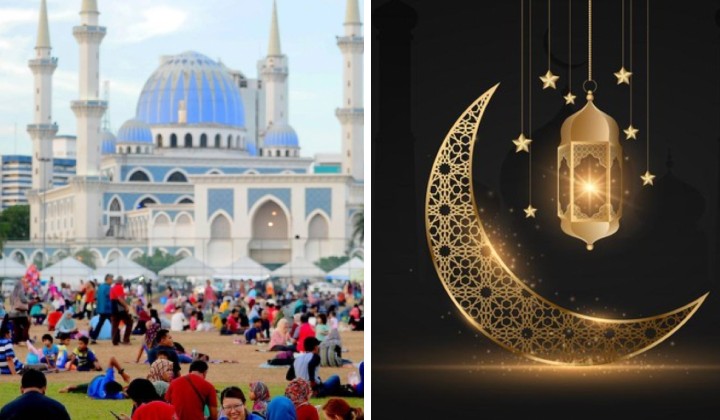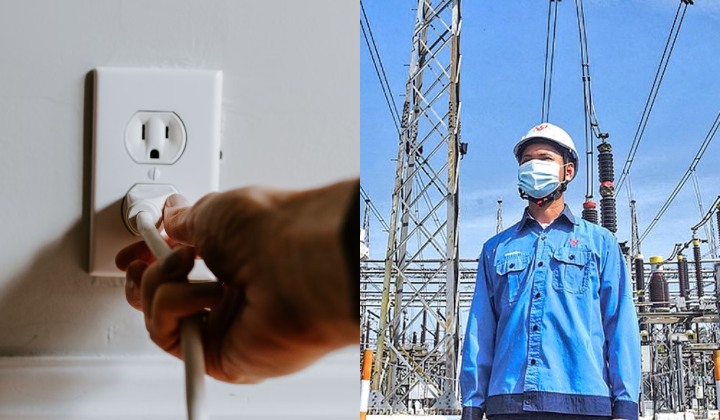5 Tips To Keep Hydrated During This Ramadan
It’s impossible to not get dehydrated on hot days during the Ramadan month so here are a few tips to get you prepared.
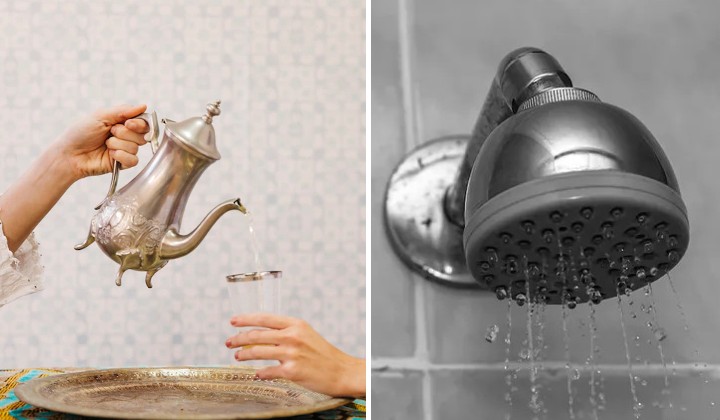
Subscribe to our Telegram channel for the latest stories and updates.
Ramadan is a few days away now. Have you Muslims prepared yourselves yet?
Ramadan doesn’t come with no challenges. Fasting from dawn to dusk can be challenging, especially if the weather doesn’t cooperate. But we gotta stay strong and be patient, right?
Here are some useful tips for you to avoid dehydration and focus on your work and devotion during the fasting month.
1. Drink Water
Yes, during the day.
Kidding.
Of course, drink during the night. Frequently. Don’t chug it all in one go. Your body won’t be able to absorb it all then and there. You’ll just be making a trip to the toilet immediately.
According to an American surgeon and university medical advisor, Dr Leonard Smith, when the body takes in too much liquid at once, it causes the blood to dilute and the kidneys will process the liquids faster. Hence, your body will end up urinating much sooner than it needs to and all that extra water you deliriously chug down goes to waste.

Instead, drink it gradually. Spread the water intake accordingly after iftar until sahur. Not while you sleep, of course, but it’s good to keep a bottle of water close to your bedside in case you need it.
Additionally, iftar or break your fast with dates and water. After all, it’s sunna. And also there are a lot of benefits why dates should be eaten to break your fast.
READ MORE: This Is Why Everyone Eats Dates During Fasting Month
2. Avoid Sugary and Caffeinated Drinks
Sugary drinks and also caffeinated drinks are mild diuretics. Drinking these will make you pee more because diuretics cause your body to make the urine more than usual.

“Your body needs more water to process sugars and it will pull away water from other places in your body to break down the sugar,” said Mishabae Mahoney, a Certified Nutritional Therapy Practitioner. This means that more water will be pulled out from all parts of the body (hence, the body feeling restless and you feeling thirsty) to balance the concentrated amount of sugar in your bloodstream. Then all those excess sugar and water in the bloodstream will turn into urine by the kidneys and viola! Trips to the loo!
With more water leaving your body, undoubtedly, you’ll be more dehydrated. So slow down on these during iftar and definitely avoid them during sahur.
3. Avoid Salty, Oily, Spicy and Sugary Food
What can we eat? Good question.
Firstly, as we all know, these kinds of food are already bad for you but here’s another reason to add to the list. They all make your body dehydrate.

Too much salty (sodium), sugary, and oily (hidden sources of salt) food can make your body dehydrated and that will prompt you to be thirsty. Spicy food can also cause your body to be dehydrated due to the rising body temperature leading you to sweat and lose more water.
Alternatively, try eating healthier foods like steamed, soupy, grilled food or anything that’s easy on the seasonings and sugar.
But with our Ramadan cravings, it’s just too hard to pass on either of these, right? Well, you know what they say, moderation is key.
4. Eat Food With High Water Content
If you’re tired of drinking water all through the night, then mix it up by munching on high-water content food.
You can prevent dehydration by eating veggies and fruits, along with your water. But be careful, it’s best to eat these raw or minimally cooked as they will lose water if thoroughly cooked, according to Julie Devinsky an American Registered Dietician. Among the fruit and veggies that you can eat are cucumbers, celeries, watermelon, cantaloupe, strawberries, lettuce, tomatoes and more.
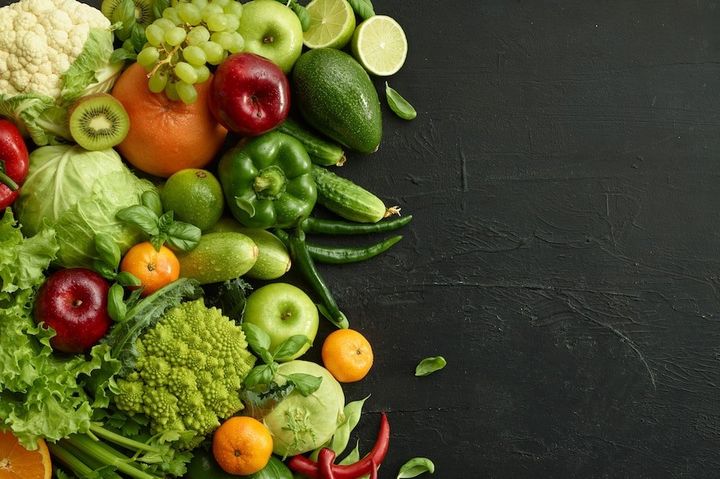
Additionally, you can also consume more soups or broths. Not only do they have a high water content to hydrate your body, but you can also promote weight loss (if you consume them regularly instead of other unhealthy food) due to their low-calorie content.
Besides that, plain yoghurt (not flavoured, please) and skimmed milk can also help keep your body hydrated apart from giving you other benefits with their vitamins and minerals.
So, consume them for iftar, sahur or even whenever at nighttime before the sun rises!
5. Take Cold Showers
The weather can get hot in the middle of the day and this may cause you to feel the heat and be easily tired. If you’re at home, you should take cold showers whenever the heat is unbearable.
Cold showers after being in the heat will help to get the blood circulating to important parts of our body so we can hydrate better. Only then, you will feel less tired and more energized. Just make sure you don’t ‘accidentally’ swallow the water, and your fast will still be valid.

If you’re at work or outside, bring a cloth with you and dampen it with cold water. Wipe your forehead, area around your ears, back of the neck, chest and upper back to cool down the heat.
It can also help your body to keep cool by wearing loose clothes outside. Not only can it make you comfortable, but it will make your sweat evaporate easily and keep your body cool in the heat.
So here are some of the little tips to keep your body cool and hydrated during this coming Ramadan.
Let’s do our best to keep our bodies hydrated and our minds strong to devote ourselves to this holy month.
Share your thoughts with us via TRP’s Facebook, Twitter, and Instagram.

